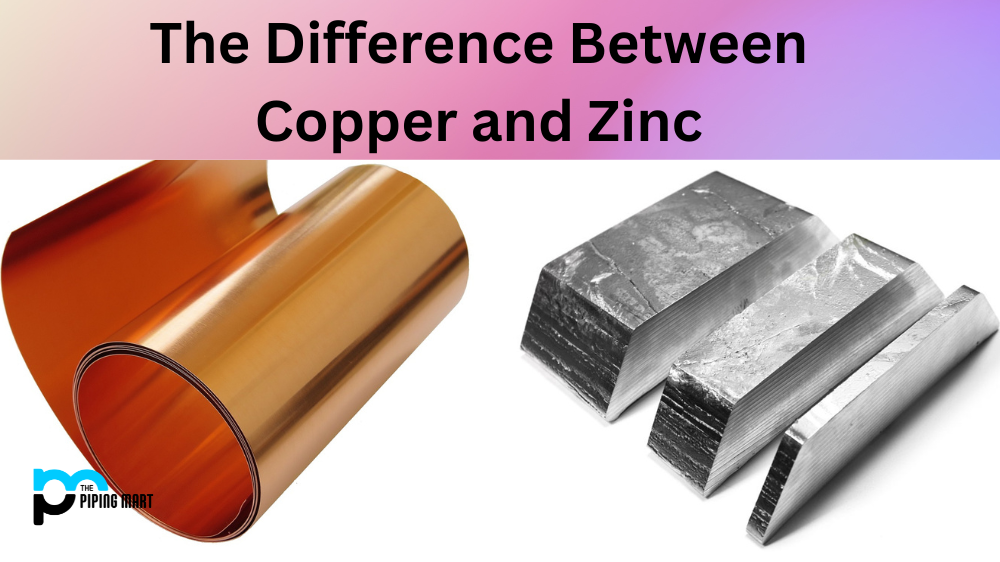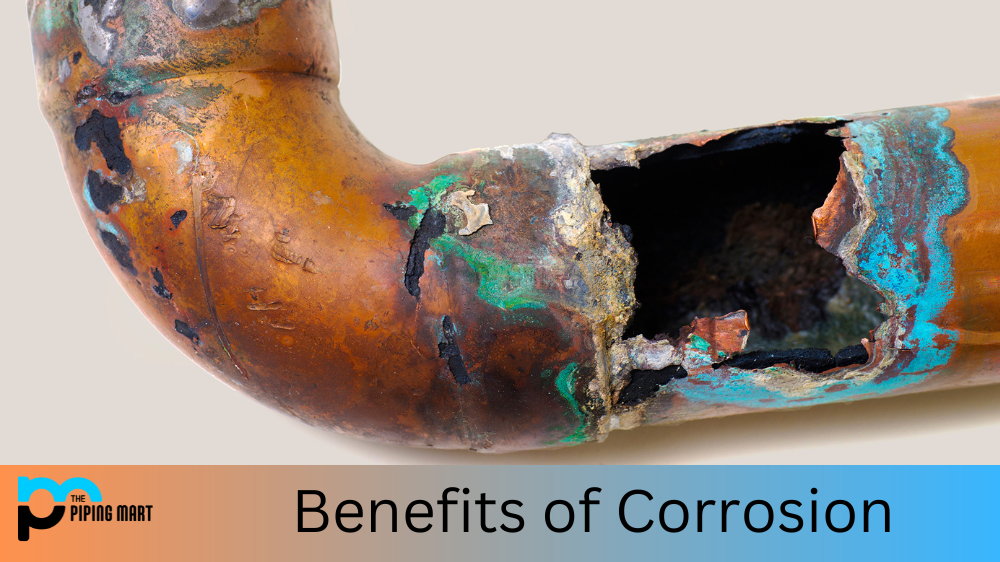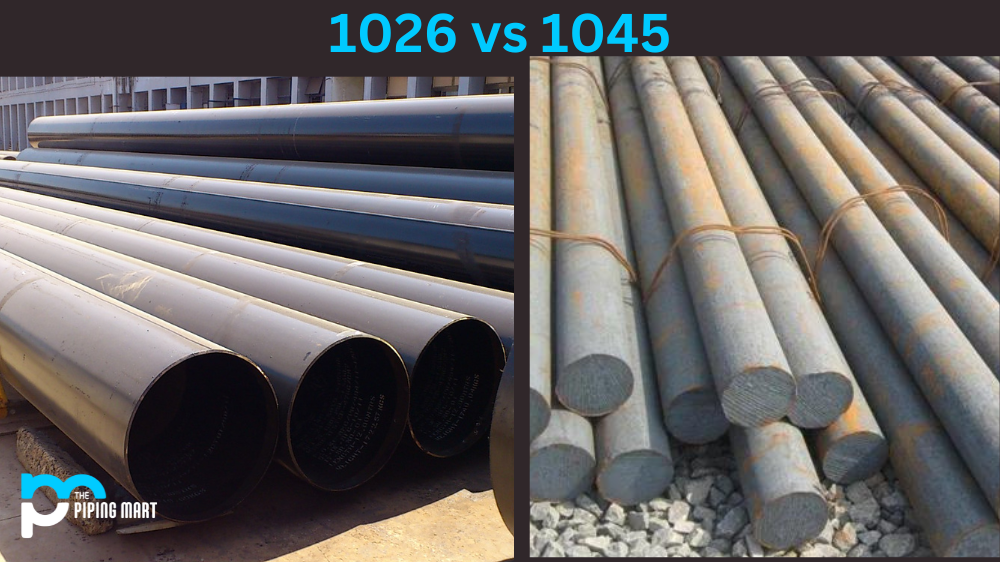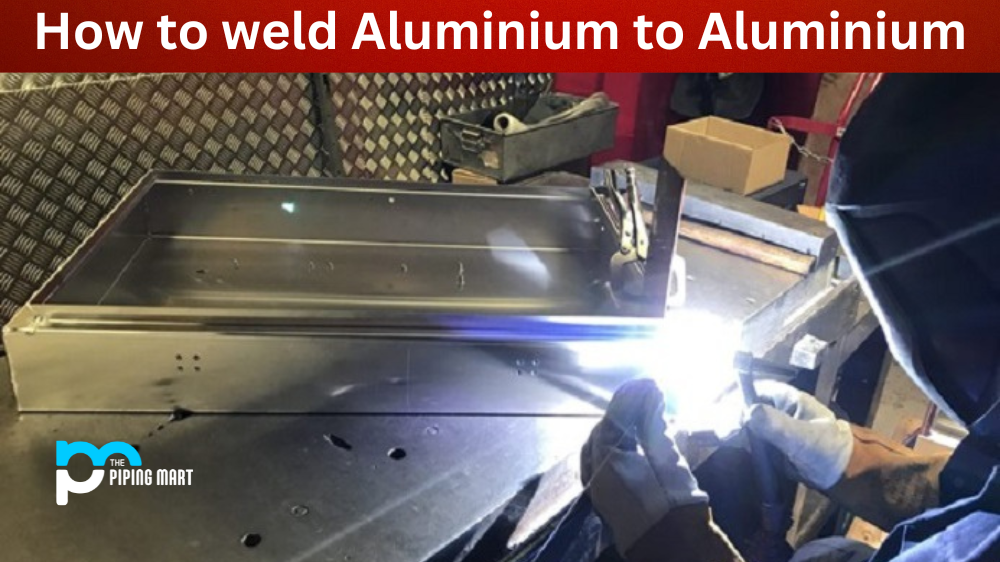Copper and zinc are two of the most commonly used metals in everyday life. But have you ever wondered why copper is considered a transition metal while zinc is not? It may seem like a small distinction, but understanding the difference between these two elements can be very helpful when it comes to knowing which one to use for various applications. In this blog post, we’ll take a closer look at the differences between copper and zinc and why copper is labeled as a transition metal.
Copper vs Zinc
Density of copper vs zinc
Copper and zinc are among the most common elements found in the Earth’s crust. While they do have many similarities, density is a key difference between the two metals. Copper has a density of 8.9 grams per cubic centimeter whereas zinc has a density of 7.1 grams per cubic centimeter; that makes copper approximately 25% denser than zinc. This difference in density doesn’t make a huge impact on everyday life, but it does warrant consideration when designing objects for specific purposes that require specific density levels–for instance, making correct decisions about shipping container weights and sizes in order to reduce transportation costs. Therefore, it is important to consider both the density as well as other properties when deciding which material – copper or zinc – best meets your needs.
Copper vs zinc price
Copper and zinc are two of the most widely used metals for a variety of applications, ranging from construction to electronics. Many factors can affect the price of copper versus zinc, including market demand, cost of supply, and technological advances. For example, copper is highly prized for its high conductivity and malleability while zinc offers corrosion resistance against harsh environments. Currently, copper prices are much higher than zinc prices due to an increased demand for products using this metal as well as tight supply. As new technologies come on the market that utilize other metals or shift the focus away from copper products, the price difference between these two metals may begin to narrow.
Copper vs zinc conductivity
Copper and zinc are two of the most commonly used materials when it comes to conductivity. They are both malleable, ductile elements that have excellent electrical conductivity qualities. As for which one is better, it depends on the application at hand. Copper is known for its high level of conductivity, but zinc doesn’t perform too far behind. It has a slightly lower electrical resistance than copper and can be used in all types of applications from electronics to automotive wiring. In terms of price, however, zinc can offer a more cost-effective solution due to its abundance in nature compared to copper’s scarcity. The differences between copper and zinc should be taken into consideration when looking into the best material for specific projects.
Basics of Transition Metals
First off, let’s go over what makes something a transition metal. Transition metals are elements that fall into groups 3-12 on the periodic table. They are known for their chemical reactivity due to their ability to form multiple bonds with other atoms. This chemical reactivity allows them to form compounds easily with other substances, making them ideal for industrial use. They also tend to have higher melting points than non-transition elements.
What Makes Copper Different from Zinc?
Now that we know some basics about transition metals let’s get into what makes copper so special compared to zinc. The first key difference between these two elements lies in their electron configuration; copper has 29 electrons in its outer shell, while zinc has only 30 electrons in its outer shell. This means that copper has fewer valence electrons than zinc, which gives it greater chemical stability and makes it better suited for industrial use than zinc. Additionally, copper’s higher melting point makes it more durable than zinc when exposed to high temperatures.
Finally, copper is naturally resistant to corrosion while zinc is not; this means that it can withstand harsher environmental conditions without corroding or breaking down over time – unlike zinc which can corrode quickly if exposed to certain environmental factors like air or water pollution.
Conclusion
Copper and zinc may seem very similar on the surface, but there are actually some major differences between them that set them apart from each other—namely that copper is classified as a transition metal while zinc is not. Knowing these differences can help you determine which elements will be best suited for any project you might undertake – whether it’s an industrial application or something else entirely! Thanks for reading!

Pipingmart is a B2B portal that specializes in metal, industrial and piping items. Additionally, we share the latest information and information about materials, products and various types of grades to assist businesses that are involved in this business.




